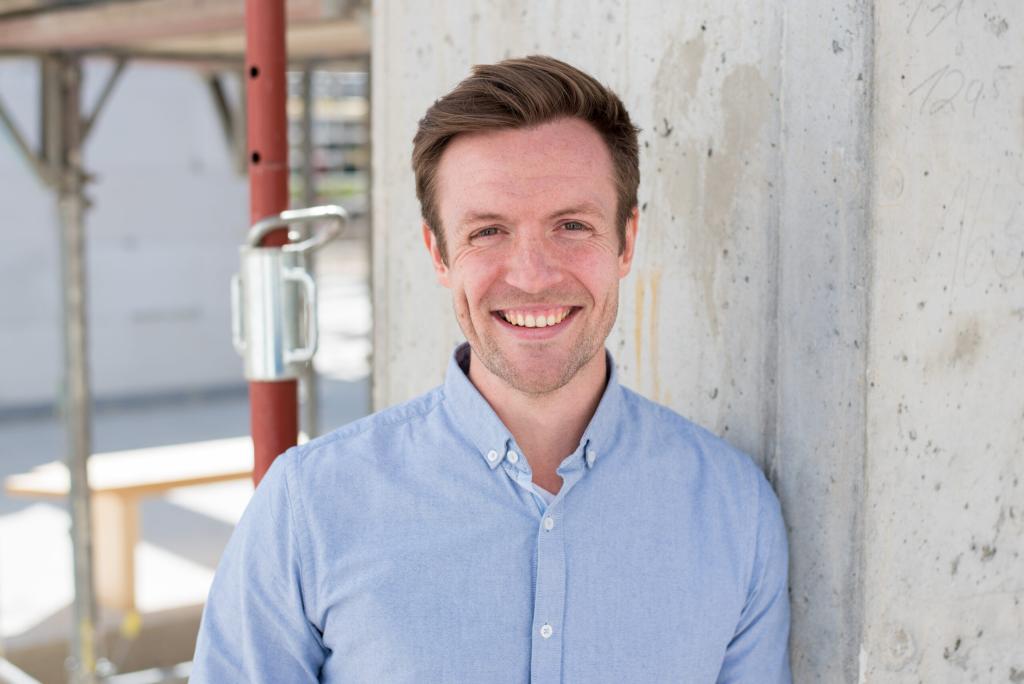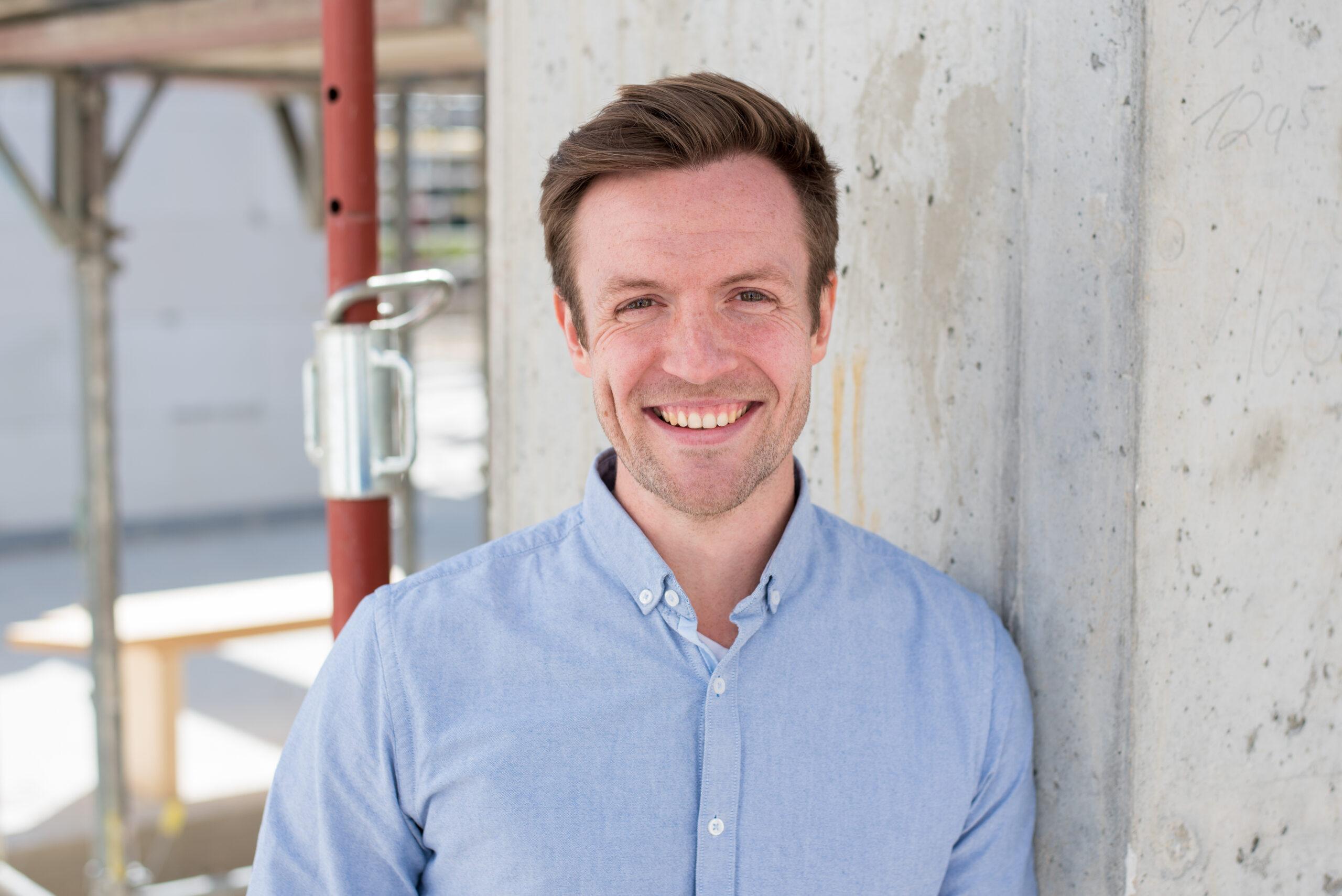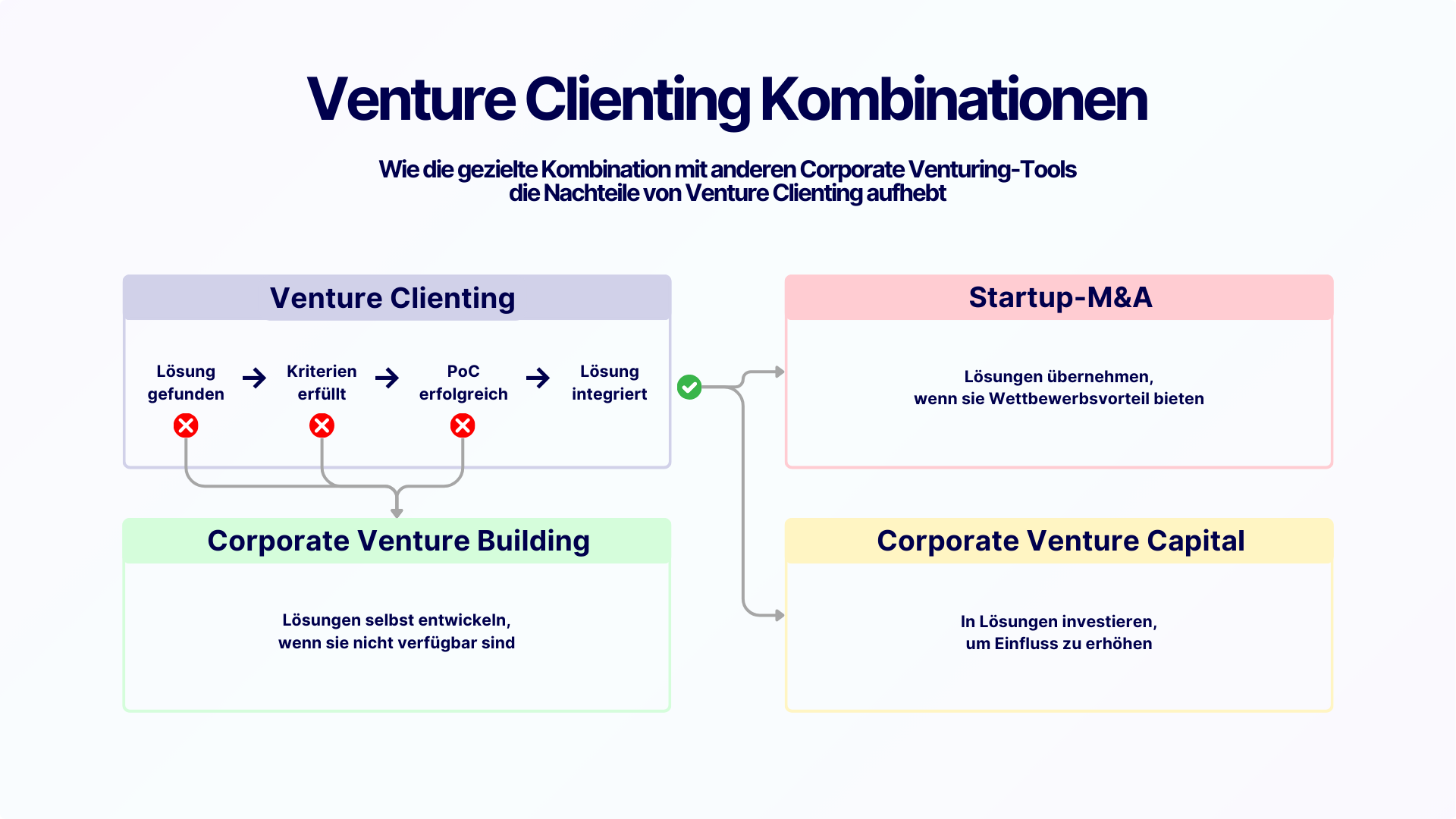How to run a start-up completely remotely

Jonas Stamm founded his start-up in Schleswig, but has the majority of his employees scattered across the globe. Here he reveals his tips and tools for digital collaboration without a shared office.
Jonas Stamm is just one of two employees at the Molteo headquarters in Schleswig, with the rest based thousands of kilometers away. Nevertheless, they work together every day on construction site software that companies can use to plan staff and record time, among other things. Ever since the company was founded in Germany in the far north, Stamm has deliberately relied on a team that works all over the world: in Taiwan, Brazil, France and partly also in Germany. This puts him ahead of many founders who first have to learn how to work remotely. Here are his tips.
Mr. Stamm, you didn't set up in Berlin, Cologne or Munich, but in Schleswig. Why did you do that?
It's largely due to the industry we're in. The construction industry needs local connections, especially when you're starting out as a start-up. It's all about being on an equal footing and ensuring that companies have a local contact. A conversation on site can be more important than a fancy office in Berlin.
Most start-ups in the provinces suffer from the fact that they can't find many skilled workers. This is obviously not a problem for you.
We don't recruit locally at all. Apart from me, there is only one other employee in Schleswig, the rest we recruit completely online and all over the world. The other 15 employees are in Brazil, Taiwan, France and many other countries. We work completely remotely and staggered across all time zones.
That sounds complicated. Do you see each other regularly?
We actually see each other all day. Of course, we use Slack and then Around, a tool that allows us to work together in different digital spaces and join or leave them. All employees actually always have their webcam on and their microphone on, so it feels a bit like an office atmosphere. We meet every day at 8:56 in the morning in Germany. For some it's the start of the day, for others it's lunchtime and for others it's the evening.
If I were to shout at someone, I would be doing something wrong.
Jonas Stamm, Molteo founder
What are the prerequisites for something like this to work?
Two things are crucial. We test future employees at the very beginning to see whether they speak English, because English is the corporate language and anyone who doesn't speak English is simply not in the right place. And we make sure that the new employees work completely independently. If I can't rely on that, the person is not suitable for our team.
The difficult conversations in particular are of course doubly difficult remotely. What happens if you want to shout at someone?
If I were to shout at someone, then I would be doing something wrong. Our rule is that we don't blame anyone, we just say that a situation is shit. Then we have to quickly work out how we can never get into a situation like that again. So I never shout.
With employees in Taiwan or Brazil, you have cultures that are completely different to each other and to German culture. How do you deal with that?
That is indeed a big challenge, because often the worst thing is what is not said. If I reply to someone in bullet points, for example, I don't mean any offense or get annoyed, I just like to write like that. Everyone has to communicate that very clearly. Everyone has to know: He's saying that now because he means it. I talk to every employee often and at length every two months. We have to take this extra time.
Our employees are allowed to suggest what they deserve.
Jonas Stamm, Molteo founder
Are there any other disadvantages to doing everything in front of a computer?
The world is not as globalized as people think. There are complicated double taxation agreements and no uniform labor law, not even close. This is of course complex for us and our accountant if you have to draw up contracts for Taiwan, France or Brazil individually. In the long term, we will concentrate on a few hotspots where we then recruit. Otherwise our tax consultant will just be scratching his head.
Doesn't sitting in front of the computer all the time also make you a bit lonely?
We can see how long someone has been working in which docs and when. If colleagues notice that someone is working too hard, they can send them on vacation for a few days. That works itself out.
The team in your own office is most likely to grow together over a coffee, a beer or a party after work. Don't you lack that?
Every employee can enter their interests in their profile and we also use folders in our filing tool Notion that are dedicated to this topic. 'You love gardening? Ok, great, I recently read something about the automation of raised gardens. Let's talk about it'. We also have chats like this, which is also important for team cohesion.
Without an expensive office in Berlin-Mitte, you naturally save a lot of money. Do the employees see any of this?
Our employees are allowed to suggest what they deserve. Some negotiate quite well, others are a bit too shy. But if someone asks for a high salary, I also demand certain benefits. Most employees are then honest enough to say XYZ I can't do yet, but I'll take a little less salary and do ABC and we'll get closer to XYZ. If someone can't honestly reflect on something like that, then they've come to the wrong place. We spend what we otherwise save on money on team events, which we have at least once a year, in person and not just in front of the computer.
Personal details: Jonas Stamm is the founder of Molteo. The engineering graduate has previously founded two companies. He sold Festival Pfandsystem, founded in 2011, in 2013 and built up Jader, a platform for jade travel, from 2016 to 2017. The 29-year-old deliberately founded Molteo in Schleswig.

Newsletter
Startups, stories and stats from the German startup ecosystem straight to your inbox. Subscribe with 2 clicks. Noice.
LinkedIn ConnectFYI: English edition available
Hello my friend, have you been stranded on the German edition of Startbase? At least your browser tells us, that you do not speak German - so maybe you would like to switch to the English edition instead?
FYI: Deutsche Edition verfügbar
Hallo mein Freund, du befindest dich auf der Englischen Edition der Startbase und laut deinem Browser sprichst du eigentlich auch Deutsch. Magst du die Sprache wechseln?











